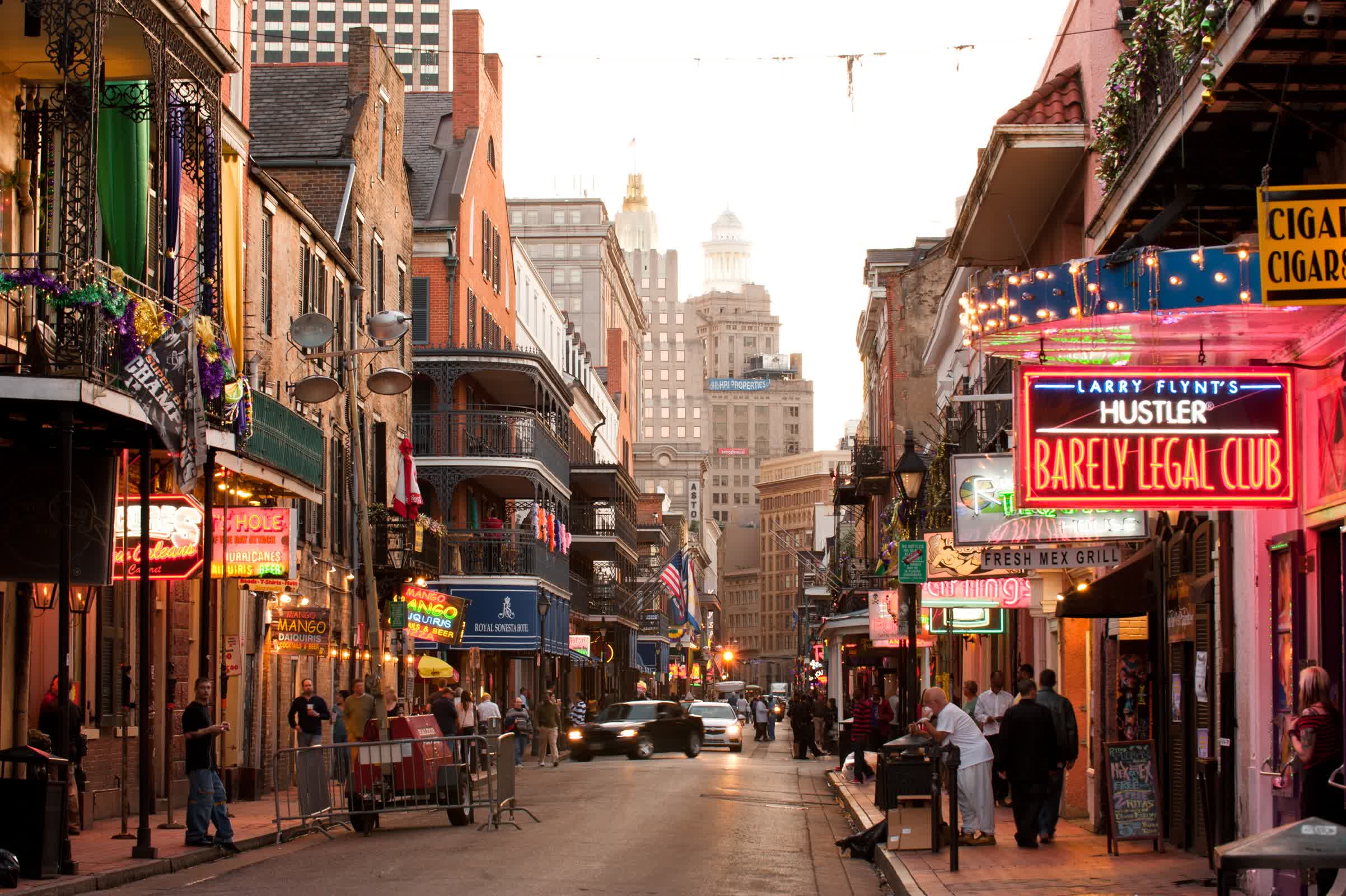TechSpot
1d
232

Image Credit: TechSpot
City divided as facial recognition technology shadows New Orleans streets
- The use of facial recognition technology in New Orleans has stirred controversy, highlighting the debate between AI-driven policing and civil liberties.
- Under a pilot program, over 200 AI-powered cameras scanned faces in real time, alerting police in case of a match, sparking concerns over privacy and oversight.
- Unlike traditional static image analysis, New Orleans' system is proactive, scanning live footage for faces in challenging conditions.
- The system uses a watchlist-based model with a database of 30,000 faces, compiled from police records, to instantly alert law enforcement upon detection.
- Project NOLA operates a decentralized network of cameras owned by private entities, claiming limited data retention and no data sharing with private entities.
- Critics raise Fourth Amendment concerns over pervasive location tracking and potential privacy violations with the technology.
- The system reportedly bypasses city ordinances by relying on automated alerts, raising transparency and documentation issues.
- Civil liberties groups criticize the system as enabling unchecked surveillance, allowing authorities to monitor individuals without consent.
- The technology can identify individuals from long distances using facial and physical features, with components manufactured by a company flagged by US authorities.
- Despite contributing to several arrests, concerns over legality prompted a pause in automated alerts while the police department reviews compliance with city laws.
Read Full Article
13 Likes
For uninterrupted reading, download the app